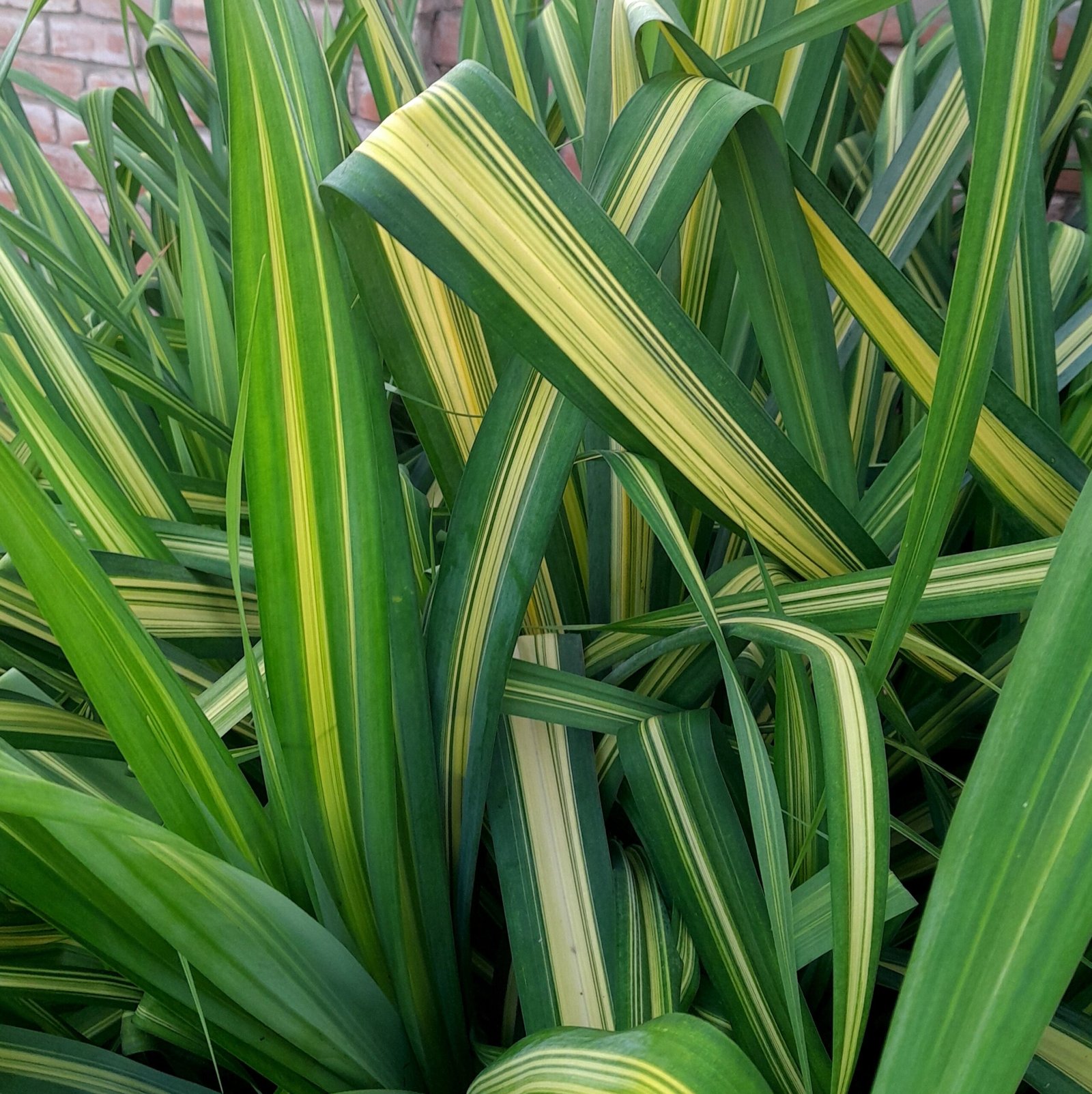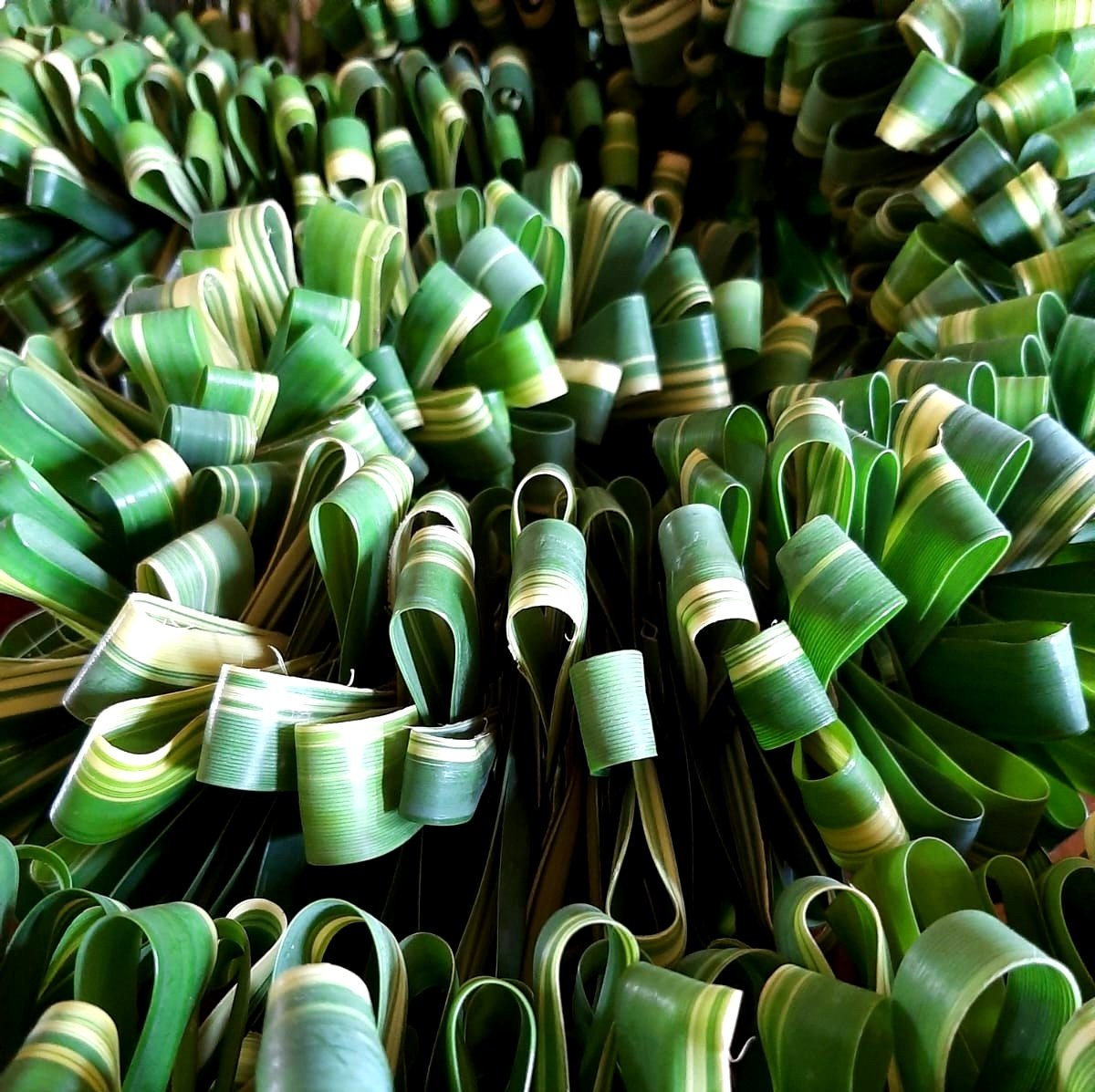

Kewra
Kewra Leaves – Leaves are used in Garland for Deities
So we have to deal with God in that way. Therefore, if you want to offer something . . . the beginning is offering. Offering. We must offer something. So what is that offering? If you . . . if somebody says that “I am very poor man. I cannot offer anything . . .” Because in India, of course, offering to the demigods, offering to some deity . . . that is very expensive job. There are list of goods. Now, suppose a poor man, he wants to offer something to God. Then what he has to offer? He . . . here is a prescription given by the Lord Himself which can be offered even by the poorest man. What is that? Patraṁ puṣpaṁ phalaṁ toyam. A, a little bit of tulasī leaves or any leaf; puṣpam, a little bit of flower; patraṁ puṣpaṁ phalam, a small fruit; and toyam, a little water.
Now, patraṁ puṣpaṁ phalaṁ toyam, these four things can be available universally. Nobody is so poor that he cannot collect a leaf of a tree or a small fruit or a small flower and little water. It is universal; nothing expensive. So anyone, in any country, in any place, he can offer Kṛṣṇa these four things. There is no bar. Patraṁ puṣpaṁ phalaṁ toyam. Four things: a small leaf . . . you can have any. There are so many trees. If you take one leaf, even if you are forbidden, if you ask that “I am going to offer this leaf to God,” anyone will offer it. Patraṁ puṣpam, a little flower, and a small fruit and little water.
So Lord says, patraṁ puṣpaṁ phalaṁ toyaṁ yo me bhaktyā prayacchati (BG 9.26). The real thing is love. “Anyone who is offering Me these four things in love,” tad ahaṁ bhakty-upahṛtam, “because he is . . . he has brought these four things with love and devotion,” then God says, Lord says, tad aham aśnāmi, “I eat. I eat,” bhaktyā prayatātmanaḥ, “because with devotion, with faith and with love he has brought.”
(661214 – Lecture BG 09.24-26 – New York)
